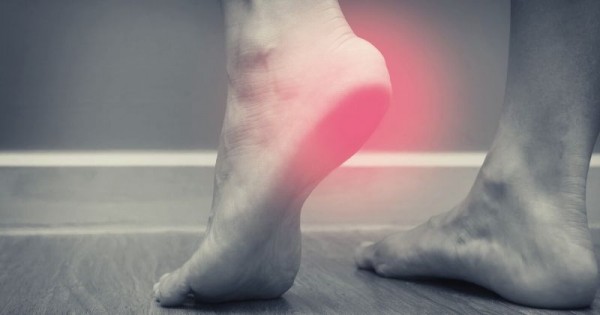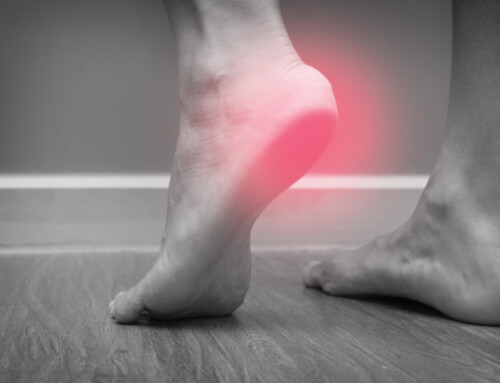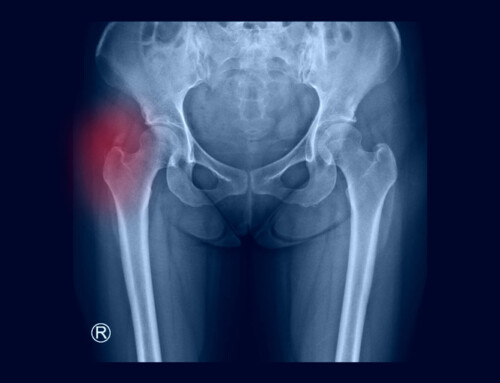by Mike Reeves, SPT
What is Plantar Fasciitis?
The plantar fascia is a band of connective tissue that connects your heel to the base of the toes. This thick fibrous tissue helps form the arch of the foot and provides support during weight bearing activities. During the push-off phase ofwalking or running the toes dorsiflex (extend up toward the knee) causing the plantar fascia to tighten to prevent the arch from collapsing. Activities that apply repeated stress (like running) to the plantar fascia can cause it to become inflamed or injured. The hallmark sign associated with injury is heel or arch pain that is worse at the beginning of an activity and less as the area gets warmed up.
Who gets it?
Individual factors that make you more prone to the condition:
- Participation in repetitive impact activities
- Participation in new activities or a recent increase in activity
- High arch
- Calf tightness resulting in limited dorsiflexion of the ankle (toes toward shin)
- High BMI >30 has strong association with this diagnosis.
- Female gender; 2.5 times more likely to be diagnosed
- Age range of 45-64
What is the treatment?
The prognosis for plantar fasciitis is very good with noninvasive conservative treatment. A physical therapist can help during the acute phase with activity modifications to reduce repetitive stress (running or dynamic loading), stretching, strengthening, orthotics, and splinting.
If conservative care is not effective your doctor may recommend injections, extracorporeal shock wave therapy, ultrasonic tissue repair, and surgery.
- Corticosteroid injections provide short term pain relief but come with increased risk of fat pad atrophy and plantar fascia rupture. (try conservative care first!)
- Extracorporeal shock wave therapy uses sound waves to stimulate healing. The research is promising but currently inconsistent with its effectiveness
- Ultrasonic tissue repair is a minimally invasive procedure that uses a needle to reach the damaged tissue and provide direct ultrasound. The damaged tissue is then suctioned out
- Surgery is rare
For more information on plantar fasciitis, contact any of our Capital Area Physical Therapy locations in Malta, Queensbury, or Clifton Park at 518-289-5242.






